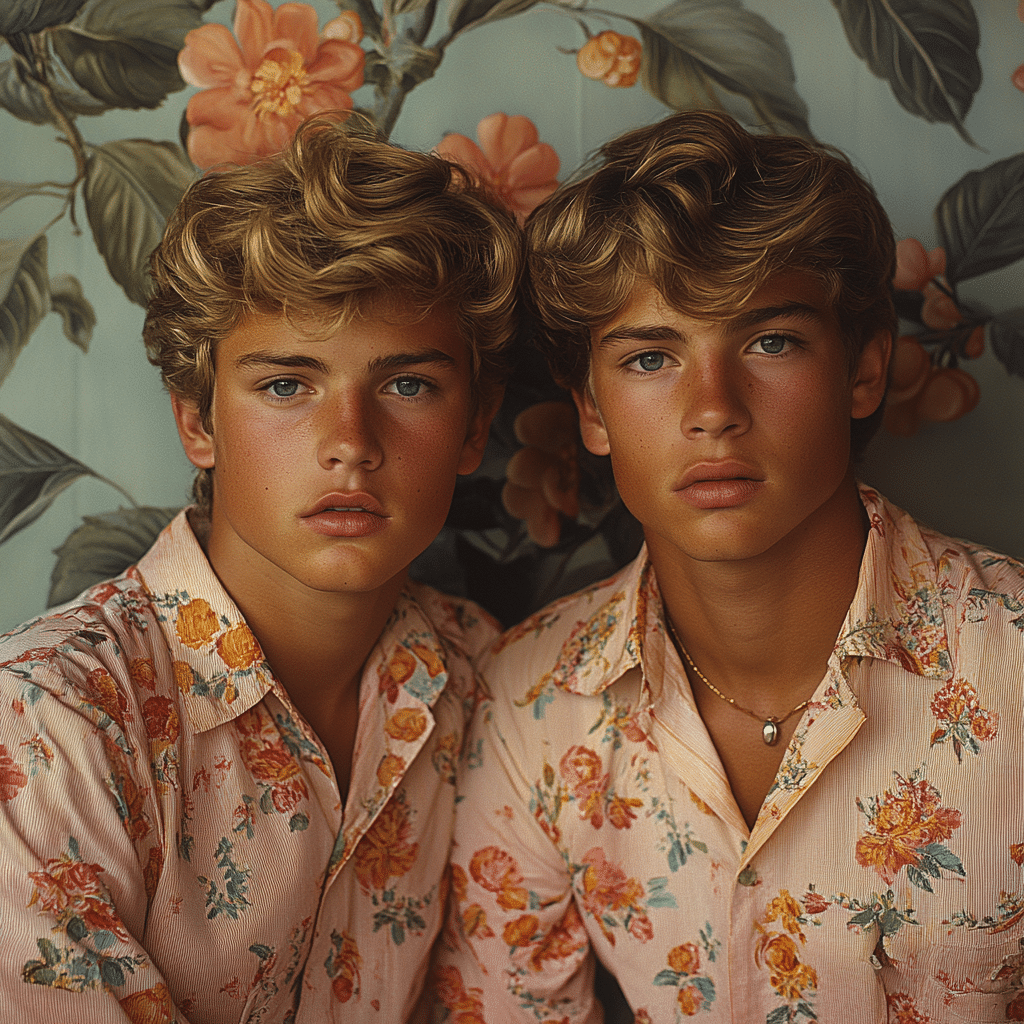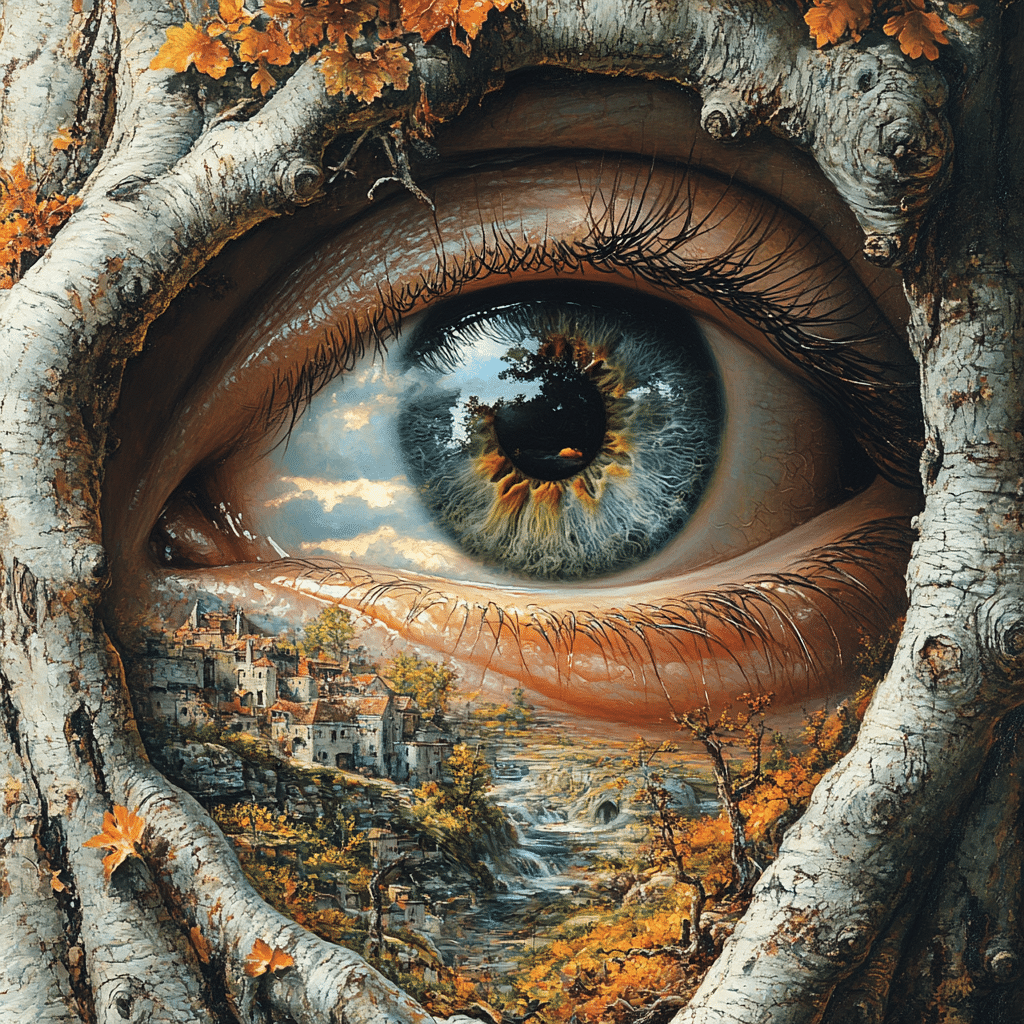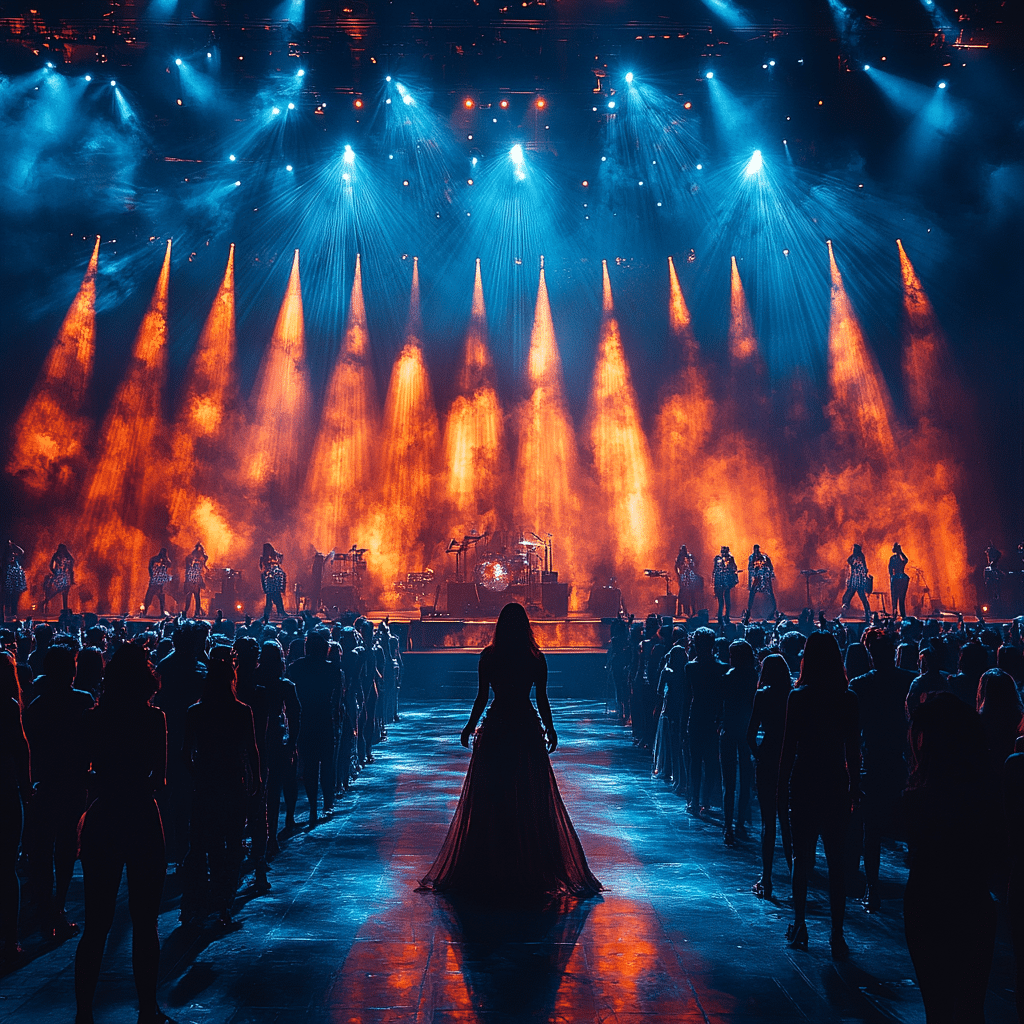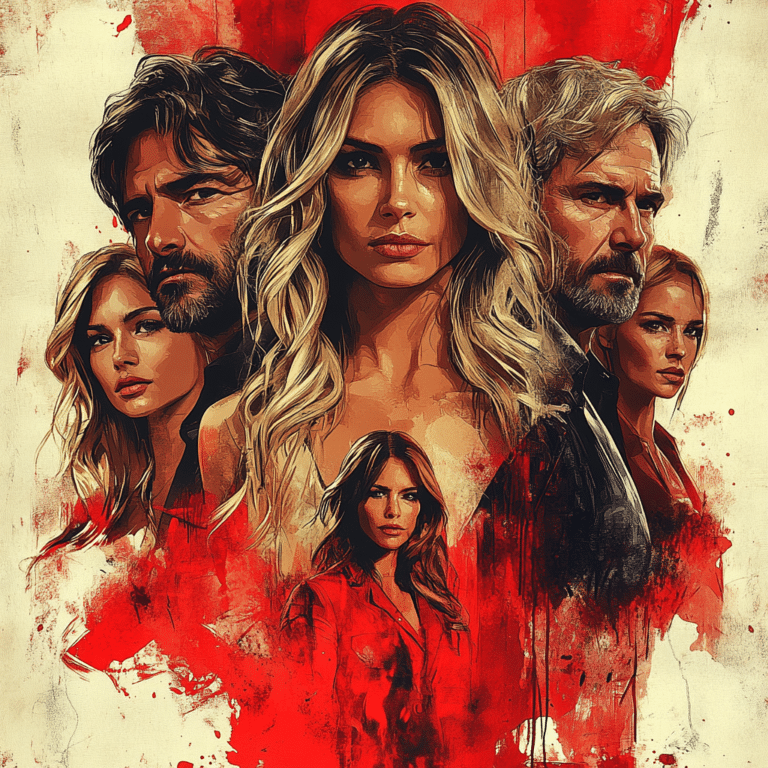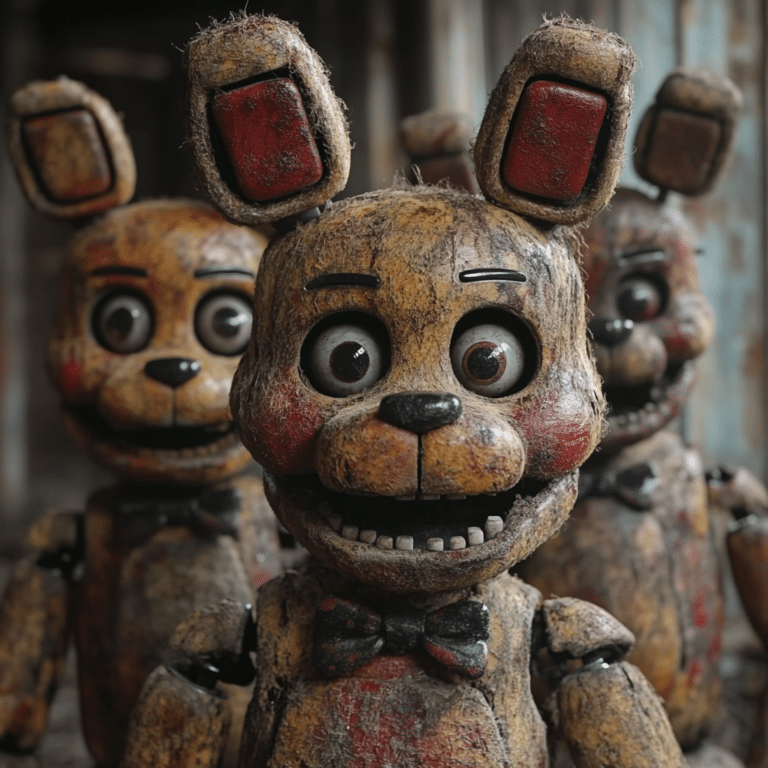“Stone Butch Blues,” written by Leslie Feinberg, is far more than just a coming-of-age tale; it’s a riveting exploration of gender identity and the richness of sexuality within the LGBTQ+ community. The term “stone butch” captures a unique identity that embraces a masculine presentation while pushing against traditional gender norms. This creates a fascinating interplay of power, desire, and vulnerability that’s deeply resonant for many. Let’s dive into the etymology of the term “stone butch” and how it has metamorphosed over the years.

Exploring the World of Stone Butch Blues: Definitions and Origins
Originally coined in the 20th century, “stone butch” specifically referred to individuals—often women—who presented themselves as masculine but avoided sexual or emotional vulnerability. This term emerged amid a societal landscape rife with rigid gender roles, where expressing oneself authentically was a radical act. Leslie Feinberg’s work sheds light on how this identity wasn’t just about a look or a lifestyle; it was about navigating a world that often marginalized those who didn’t fit neatly into established boxes.
The book’s portrayal is contextualized historically. During the time Feinberg was writing, societal acceptance of LGBTQ+ identities was almost nonexistent. The characters in “Stone Butch Blues” wrestle with the implications of their identities in a climate of fear and repression. However, their struggles are painted alongside moments of joy, resilience, and solidarity—themes that resonate with readers even today. The term “stone butch” has evolved into a broader understanding of gender nonconformity, making it an essential conversation starter in today’s landscape of ever-changing gender norms.

Top 7 Essential Themes and Insights from Stone Butch Blues
As we delve into “Stone Butch Blues,” we discover a treasure trove of themes and insights worth exploration. Here are seven key takeaways that define this incredible work:
1. The Complexity of Gender Identity
Feinberg’s work takes a deep dive into the spectrum of gender, demonstrating just how multifaceted identity can be. The characters navigate their lives in a time when society’s acceptance of differences was slim to none. This compelled readers to reassess their own views on gender.
2. The Role of Community and Solidarity
Community plays a monumental role in “Stone Butch Blues.” The connections forged between characters battling similar struggles become lifelines in their fight for acceptance. This notion of solidarity reminds us all how vital supportive networks are for those within the LGBTQ+ community.
3. Resistance Against Oppression
Oppression is a central theme in the novel, with Feinberg’s characters embodying incredible resilience. They confront societal discrimination and violence, using their stories to mirror broader issues at play. Their resistance doesn’t just illuminate personal narratives; it highlights a societal struggle.
4. The Intersections of Class and Race
Feinberg artfully intertwines themes of class and race. The identities of characters intersect in ways that exacerbate both privilege and marginalization. This nuance enriches the narrative, offering an in-depth perspective on the struggles before them.
5. Love Beyond Borders
The exploration of queer relationships in “Stone Butch Blues” is nothing short of beautiful. Love takes center stage, showcasing how deep connections can transcend traditional boundaries. It reminds us that love—regardless of its form—is a fundamental aspect of humanity.
6. The Impact of Gender Non-Conformity
Feinberg’s portrayal of gender non-conforming characters reveals the emotional and physical toll imposed by societal expectations. Their struggles invite readers to understand the often-torturous journey toward authenticity in a world resistant to diversity.
7. The Legacy of Stone Butch Blues
The influence of “Stone Butch Blues” ripples far beyond its pages. It’s been a significant source of inspiration for many who advocate for LGBTQ+ rights, and it underscores the crucial role of representation in literature. Readers will find themselves propelled to take actionable steps toward understanding and inclusion.
The Cultural Significance and Lasting Impact of Stone Butch Blues
The lasting legacy of “Stone Butch Blues” can’t be overstated. Its influence permeates discussions around gender identity and representation across various forms of media. For example, contemporary authors such as Ocean Vuong and Carmen Maria Machado explore themes of identity and love similar to those in Feinberg’s work. They offer fresh perspectives in a landscape that continues to evolve, engaged in conversations around gender and identity.
The cultural significance of LGBTQ+ activism inspired by the book is also noteworthy. Organizations like GLAAD and The Human Rights Campaign owe part of their momentum to the stories and struggles highlighted in Feinberg’s work. These groups vie for rights and representation, engaging communities in conversations reflective of what “Stone Butch Blues” has spent decades addressing.
Crafting a New Narrative for the Future of Gender Identity
As we step into 2024, “Stone Butch Blues” remains a cornerstone in the ongoing discourse surrounding gender identity and LGBTQ+ experiences. The lessons drawn from Feinberg’s narrative encourage us to foster inclusive dialogues that honor every individual’s journey. By sharing personal stories and advocating for diverse representations, we can help dismantle the barriers of misunderstanding that often isolate individuals.
The spirit of “Stone Butch Blues” continues to inspire future generations, guiding them toward empathy and a deeper understanding of the diverse spectrum of identities. So, whether you’re engaging with LGBTQ+ issues, savoring the stories of those who dare to tread the unconventional path, or simply seeking greater clarity about gender, remember this: everyone’s journey is worth celebrating. Just as that home mortgage calculator helps clarify finances, taking the time to distill complex identities fosters understanding in our shared human experience.
In the rich tapestry of narratives, each thread informs the rest. Whether you’re tuning into Big Brother network for entertainment, checking out Fantasy Boys Ep 1 Eng Sub, or even finding a chuckle over “Dad and Buried”’s witty takes on parenting, let’s carry the lessons of “Stone Butch Blues” along as we navigate this world together. After all, every story adds to our collective understanding, so why not keep it rolling?
Stone Butch Blues: Captivating Journey of Gender Identity
The Impact of Stone Butch Blues
“Stone Butch Blues,” written by Leslie Feinberg, is more than just a novel—it’s a groundbreaking exploration of gender identity and the LGBTQ+ experience. This unique story touches on the struggles, joys, and complexities of identity, making it a staple in queer literature. Feinberg’s portrayal of the stone butch identity—a term often tied to a strong, masculine expression of femininity—sparks fruitful conversations and reflections on gender norms. Interestingly, you might find parallels in how various artistic expressions delve into themes of sexuality today, like those explored in the sexual force video, which also challenges conventional views.
Another fascinating tidbit about “Stone Butch Blues” is its timing—it arrived in a turbulent era for LGBTQ+ rights. The pressing issues faced by characters resonate loudly with the current fight for equality, making it a timeless piece. This theme of resilience mirrors the grit seen in today’s community activities, like the upcoming Tough Mudder 2024, where people come together to push limits and celebrate pride in their identities.
Cultural Ripples and Influence
Feinberg’s work isn’t just a stand-alone story; it’s influenced countless artists, writers, and thinkers. For example, the novel’s raw honesty has inspired blogs and discussions about parenting in the LGBTQ+ community, akin to the insights found on Dad And Buried : The Anti parent parenting blog, which tackles pressing issues with wit and sincerity. Just like those insights, the struggles in “Stone Butch Blues” encourage myriad discussions about parenting, identity, and acceptance.
Moreover, the book’s culture-shifting nature is reflected in various media today. It’s interesting how mainstream films can echo these narratives. For instance, look at the cast of “The Faculty,” which, while a thriller, features complex dynamics that could remind us of the identity struggles found in Feinberg’s narrative, as noted in the faculty cast.
Relevant Conversations Around Identity
The dialogues initiated by “Stone Butch Blues” are as pressing as ever. As more people explore gender fluidity and expression, it’s essential to see how the past informs the present. There’s a parallel vibe between Feinberg’s work and contemporary discussions that occur at notable times, like the dialogues typically sparked at 2 PM EST, where LGBTQ+ advocates gather to discuss emerging issues in the community, like the subjects explored in the novel.
In summary, “Stone Butch Blues” is a significant cultural artifact that invites us all to reflect on our identities and the way we’ve grown alongside these conversations over the years. Whether it’s connecting through a rich literary narrative to modern discussions or even sharing life hacks, like using a home mortgage calculator for financial stability, these discussions shape our perceptions and experiences. The impact of the book continues to resonate, urging us to explore who we are and who we want to become in an ever-changing society.





